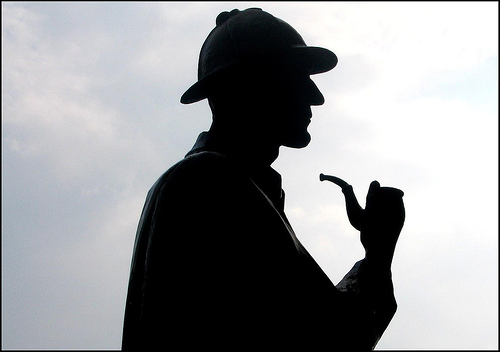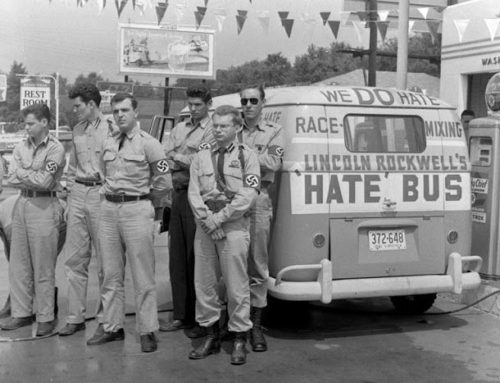Maria Konnikova has a fascinating coming out book titled Mastermind: How to Think Like Sherlock Holmes. In a post on Aeon Magazine, she discusses a little understood of the characters amazing powers of detection. Not only was he a master of deductive reasoning, but he was a master of empathy, able to feel others and to imagine how those feelings would guide them.
Let’s dwell for a moment on ‘Silver Blaze’ (1892), Arthur Conan Doyle’s story of the gallant racehorse who disappeared, and his trainer who was found dead, just days before a big race. The hapless police are stumped, and Sherlock Holmes is called in to save the day. And save the day he does — by putting himself in the position of both the dead trainer and the missing horse. Holmes speculates that the horse is ‘a very gregarious creature’. Surmising that, in the absence of its trainer, it would have been drawn to the nearest town, he finds horse tracks, and tells Watson which mental faculty led him there. ‘See the value of imagination… We imagined what might have happened, acted upon that supposition, and find ourselves justified.’
Holmes takes an imaginative leap, not only into another human mind, but into the mind of an animal. This perspective-taking, being able to see the world from the point of view of another, is one of the central elements of empathy, and Holmes raises it to the status of an art.
Empathy is equally an important trait of leadership but, interestingly, although we get the word sympathy from the ancient Greeks, the word empathy didn’t even exist until 1909.
The word was coined by the British cognitive psychologist Edward Titchener as late as 1909: ‘Not only do I see gravity and modesty and pride and courtesy and stateliness,’ he wrote, ‘but I feel or act them in the mind’s muscle. This is, I suppose, a simple case of empathy, if we may coin that term as a rendering of Einfühlung.’ To Titchener, empathy was a kind of ‘feeling into’ someone else’s emotional state.
Great leaders are able to “feel into” their colleagues and their customers, deeply understanding needs others may not know they have and finding ways to help others fulfill those needs. Seeing the world through the eyes of others helps a leader form a wider world view, an expanded sense of what’s important in a larger sense than one’s own objective view.
Sherlock Holmes might be described as cold, it’s true. But who would you like on your side when it comes to being given a fair say, to being helped when that help is truly needed, to knowing that someone will go above and beyond the call of duty for your sake, no matter who you are or what you might have done? I, for one, would choose the cool-headed Holmes, who understands the limits of human emotions, and who seeks to ‘represent justice,’ so far as his ‘feeble powers allow’.
How good are you at developing your power of empathy? It’s a skill that can be learned and, when learned, can make you a better leader. And, by the way, a better person.



